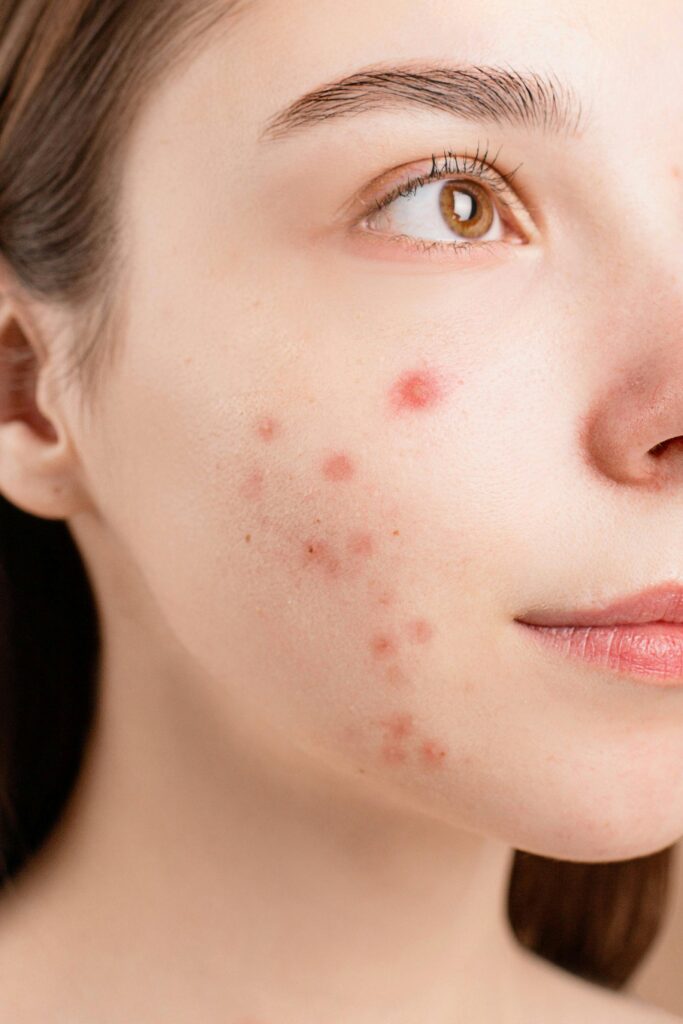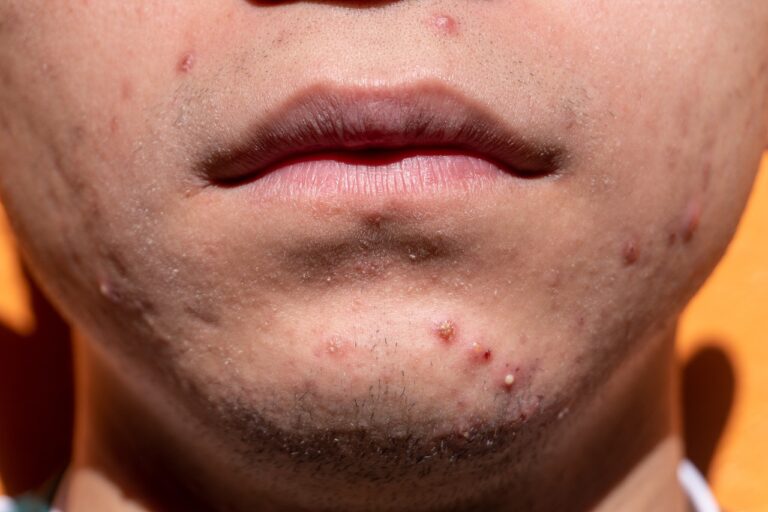
Acne is one of the most common skin conditions affecting individuals of all ages, particularly teenagers and young adults. It can manifest in various forms, including blackheads, whiteheads, pimples, and cysts, often leading to emotional distress and decreased self-esteem. Understanding the underlying causes of acne and exploring effective treatment options is essential for managing this condition successfully. In this article, we will delve into the various methods available to combat acne, including over-the-counter treatments, professional interventions, and lifestyle modifications.
Understanding Acne: Causes and Types
To effectively manage acne, it is crucial to understand its causes and the different types that exist. Acne primarily occurs when hair follicles become clogged with oil and dead skin cells. This blockage can create an environment conducive to the growth of bacteria, leading to inflammation and the formation of acne lesions. Hormonal fluctuations, particularly during puberty, menstruation, and pregnancy, can exacerbate oil production, increasing the likelihood of breakouts.
There are several types of acne, each requiring different approaches for treatment. Non-inflammatory acne includes blackheads and whiteheads, which are less severe and can often be treated with topical solutions. In contrast, inflammatory acne consists of papules, pustules, nodules, and cysts, which may require more intensive treatment options. Understanding these distinctions is essential for selecting the appropriate treatment method.

Hormonal Influences on Acne
Hormones play a significant role in the development of acne, particularly androgens, which are male hormones that are present in both men and women. These hormones can stimulate sebaceous glands to produce more sebum, the oily substance that can clog pores. Conditions such as polycystic ovary syndrome (PCOS) can lead to hormonal imbalances, resulting in increased acne flare-ups. Recognizing the hormonal factors at play can guide individuals toward treatments that specifically target these issues.
For many individuals, over-the-counter (OTC) topical solutions serve as the first line of defense against acne. These products typically contain active ingredients known for their acne-fighting properties. Benzoyl peroxide is one such ingredient, renowned for its ability to kill acne-causing bacteria and reduce inflammation. It works by introducing oxygen into the pores, creating an inhospitable environment for bacteria to thrive. Benzoyl peroxide is available in various concentrations, allowing users to choose a formulation that suits their skin type.
Another commonly used ingredient is salicylic acid, which is a beta hydroxy acid (BHA) that helps exfoliate the skin and unclog pores. Salicylic acid penetrates the skin more deeply than other exfoliants, making it particularly effective for treating acne. It also has anti-inflammatory properties that can help reduce redness and swelling associated with breakouts. Many OTC products combine these active ingredients with soothing agents like aloe vera or chamomile to minimize irritation.
Choosing the Right Product
When selecting an OTC treatment, it is essential to consider individual skin types and sensitivities. For those with oily or combination skin, products containing benzoyl peroxide or salicylic acid may be particularly effective. Conversely, individuals with dry or sensitive skin might benefit from gentler formulations, such as those containing alpha hydroxy acids (AHAs) or non-comedogenic moisturizers. It is advisable to start with lower concentrations to assess tolerance and gradually increase as needed.
Professional Treatments: When to Seek Help
consulting a dermatologist is crucial. Dermatologists can provide a comprehensive evaluation of the skin condition and recommend stronger prescription medications tailored to individual needs. One common class of medications prescribed is retinoids, which are derived from vitamin A. Retinoids help to improve skin health by encouraging the shedding of old skin cells, keeping pores clear, and calming redness and swelling. They are particularly effective for treating both inflammatory and non-inflammatory acne.
In addition to retinoids, dermatologists may prescribe antibiotics to combat the bacteria responsible for acne. These medications can be taken orally or applied topically, and they work by reducing inflammation and bacterial growth. However, it is essential to use antibiotics judiciously, as overuse can lead to antibiotic resistance. A dermatologist may also recommend a combination of treatments to achieve optimal results.
Advanced Procedures
For individuals seeking more immediate results, dermatologists offer various advanced procedures, such as chemical peels, laser therapy, and light therapy. Chemical peels involve applying a solution to the skin that exfoliates the top layers, helping to unclog pores and improve skin texture. Laser therapy targets the bacteria causing acne while also reducing inflammation and promoting healing. Light therapy uses specific wavelengths of light to kill acne-causing bacteria and reduce oil production. These procedures can be highly effective, but they often require multiple sessions for optimal results.
Lifestyle Changes: Supporting Clear Skin
In addition to topical and professional treatments, making lifestyle changes can significantly impact acne management. Maintaining a consistent skincare routine is vital for keeping the skin clean and balanced. This routine should include gentle cleansing, exfoliation, and moisturizing with non-comedogenic products that do not clog pores. Regularly changing pillowcases and towels can also help reduce the accumulation of bacteria and oils that contribute to breakouts.
Diet plays a crucial role in skin health, and individuals may benefit from adopting a balanced diet rich in fruits, vegetables, whole grains, and lean proteins. Some studies suggest that high glycemic index foods, such as sugary snacks and refined carbohydrates, may exacerbate acne. Incorporating foods rich in omega-3 fatty acids, such as fish and walnuts, can help reduce inflammation and support overall skin health.
Stress Management
Stress is another factor that can trigger acne flare-ups. When the body is under stress, it produces hormones like cortisol, which can increase oil production and lead to breakouts. Implementing stress management techniques, such as regular exercise, meditation, and adequate sleep, can help maintain hormonal balance and promote clearer skin. Engaging in hobbies and activities that bring joy can also contribute to overall well-being and reduce stress levels.
Conclusion: A Holistic Approach to Acne Management
Managing acne requires a multifaceted approach that combines effective treatments with lifestyle modifications. While over-the-counter solutions can provide relief for mild cases, professional interventions may be necessary for more severe acne. Understanding the underlying causes of acne, including hormonal influences, can guide individuals toward appropriate treatments. Additionally, maintaining a consistent skincare routine, adopting a balanced diet, and managing stress are essential components of achieving clearer skin. By taking a holistic approach, individuals can effectively manage acne and improve their overall skin health.



